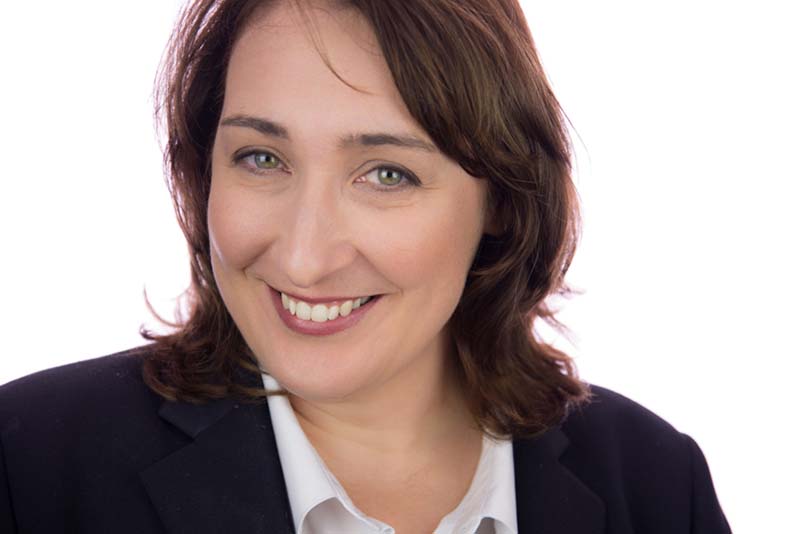We often encounter the misconception that when you die, a set percentage of your estate is paid as a “death tax”.
The good news is that “death tax” was abolished in Australia more than 40 years ago.
There are, nonetheless, taxes and charges borne by the executor or administrator of deceased estates, notwithstanding that the “death tax” was abolished. This article considers a number of such examples.
COURT FEES: If the estate obtains a grant of probate, the government imposes registration fees according to Court rates.
ESTATE INCOME TAX: Tax may be payable on certain income or capital transactions which occur as a consequence of a person’s death. Whilst “death” is not a taxable event, the disposal of assets by the estate and the receiving of income during the administration of the estate, gives rise to potential tax assessable circumstances. The tax may be borne by the beneficiaries who become “specifically entitled” to the benefit of the income arising, or the tax may be held by the executor and payable from the estate proceeds.
ADJUSTMENTS FOR SOLE PROPRIETORS: If an estate has a business, and stock or depreciation calculations must be adjusted at death as a consequence of the deceased trading as a sole proprietor or partner, then there may be a “tax” which arises to the extent of the adjusted values.
SUPERANNUATION DEATH BENEFITS PAID TO NON-TAX DEPENDANTS: If superannuation death benefits are paid to non-tax dependants, then a tax case arise in respect to the taxable elements. The theory here is that the concessional tax treatment attaches to the member of the superannuation fund, and not to his/her estate beneficiaries.
CAPITAL GAINS GENERALLY: The taxation of capital gains in a deceased estate is complicated, but it can generally be said that if an asset with a capital gain passes to a beneficiary, the tax on the disposal (whenever that may be) by the beneficiary is borne by the beneficiary. In other words, there is no tax on the capital gain on the distribution of the capital asset to the beneficiary. However, when the beneficiary disposes of the capital asset, the capital gains will then become assessable income to the beneficiary. If the capital asset was acquired by the deceased prior to 20 September 1985, the beneficiary will be assessed on the capital gain between the date of death and the disposal by the beneficiary. If the capital asset was acquired by the deceased after 20 September 1985, and the asset was not a main residence (or a residence qualifying for exceptional treatment), then the beneficiary will be assessed on the capital gain between the cost base of the deceased (the purchase price, plus other allowed costs which have been expended since purchase to maintain and hold the asset) and the proceeds of sale received by the beneficiary. There are tax concessions and exemptions which apply in limited circumstances, depending on the nature and use of the asset; however, “death” is not the triggering event for the tax on such capital assets.
SUMMARY: Whilst there is no “death tax” per se, executors and beneficiaries alike are well advised to seek the advice of a tax lawyer or accountant well versed in taxation of deceased estates. There are appropriate strategies to ensure beneficiaries are not subject to excessive taxation.
We welcome you to contact our Estate Planning Team, on 07 5574 3560 or via email to discuss your questions in respect to probate, estate administration and taxation of deceased estates.




